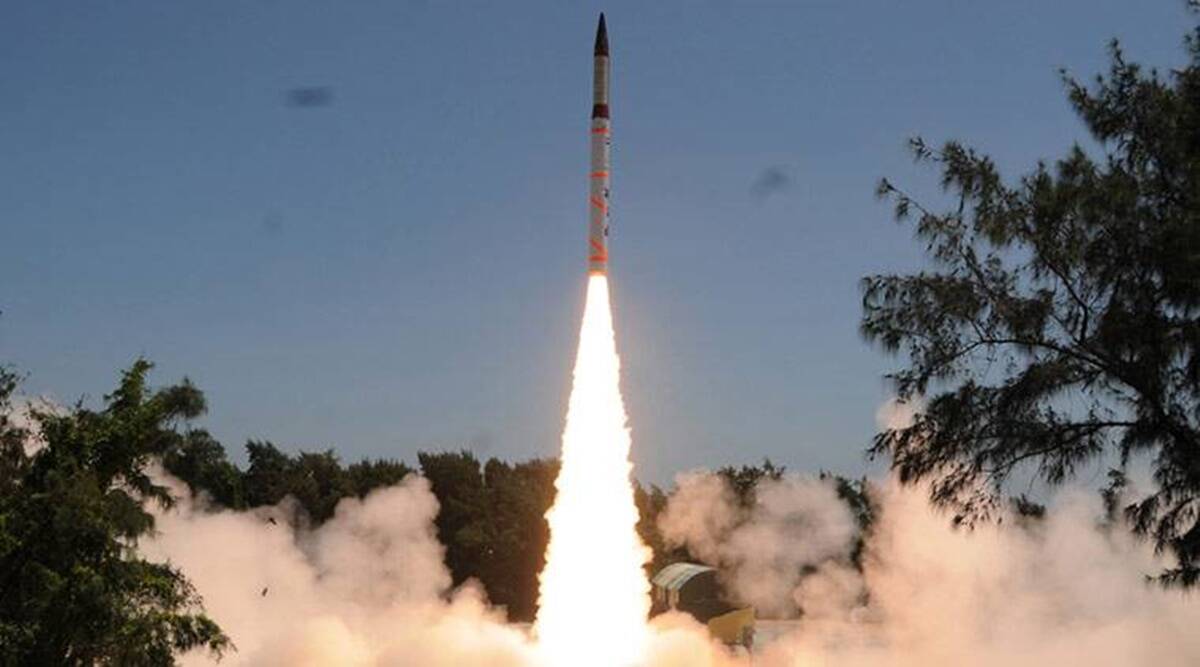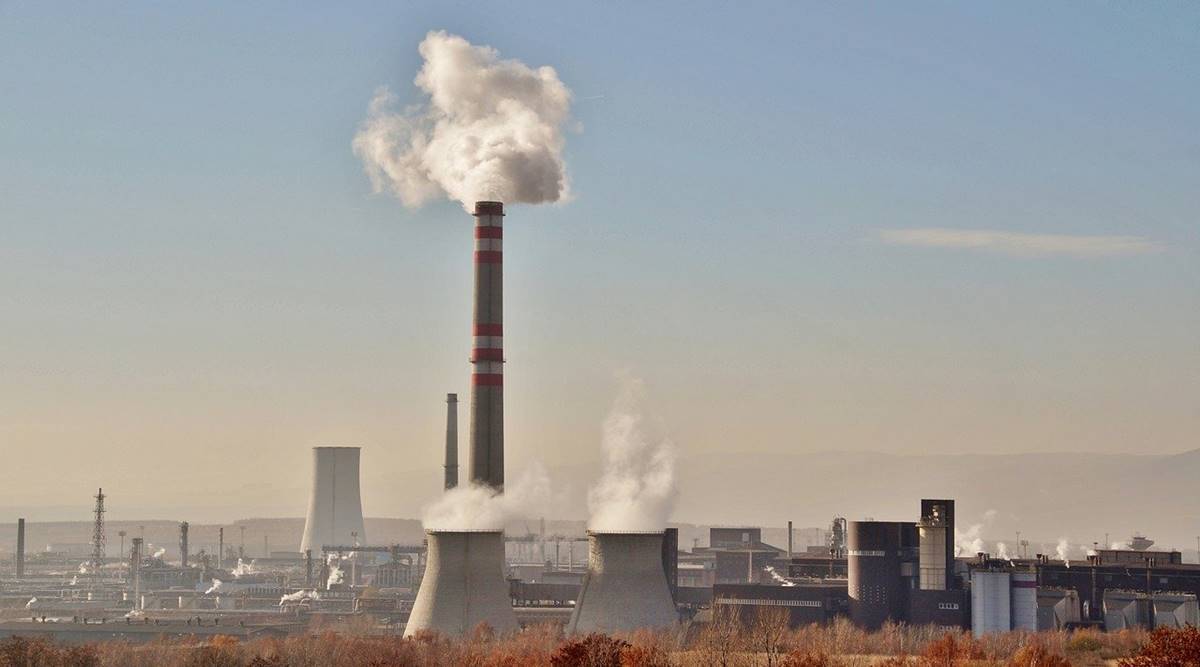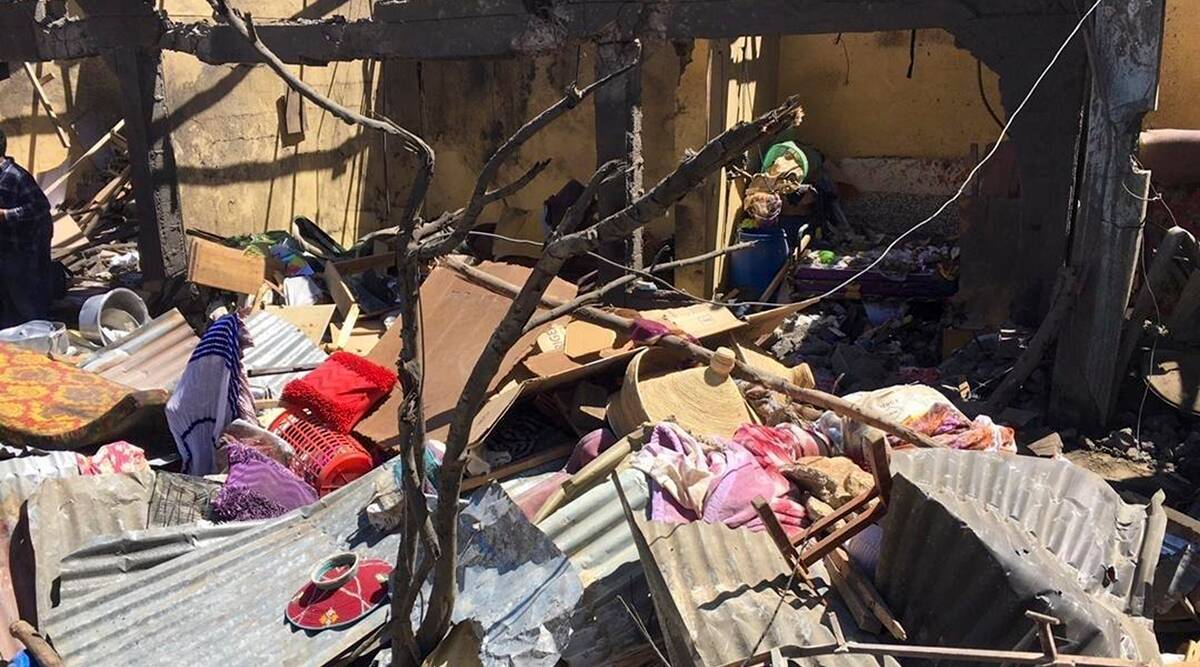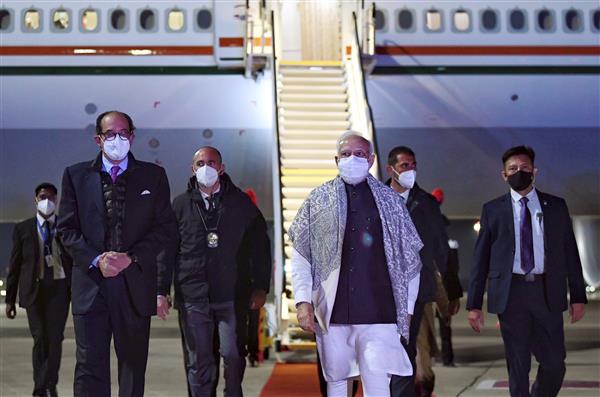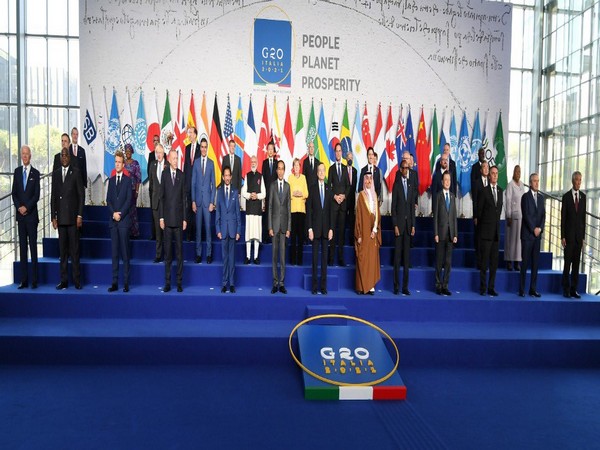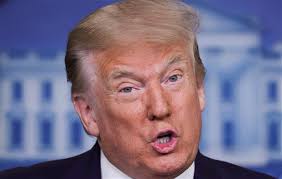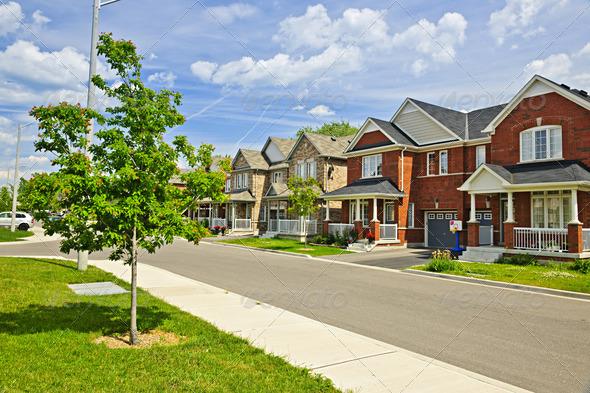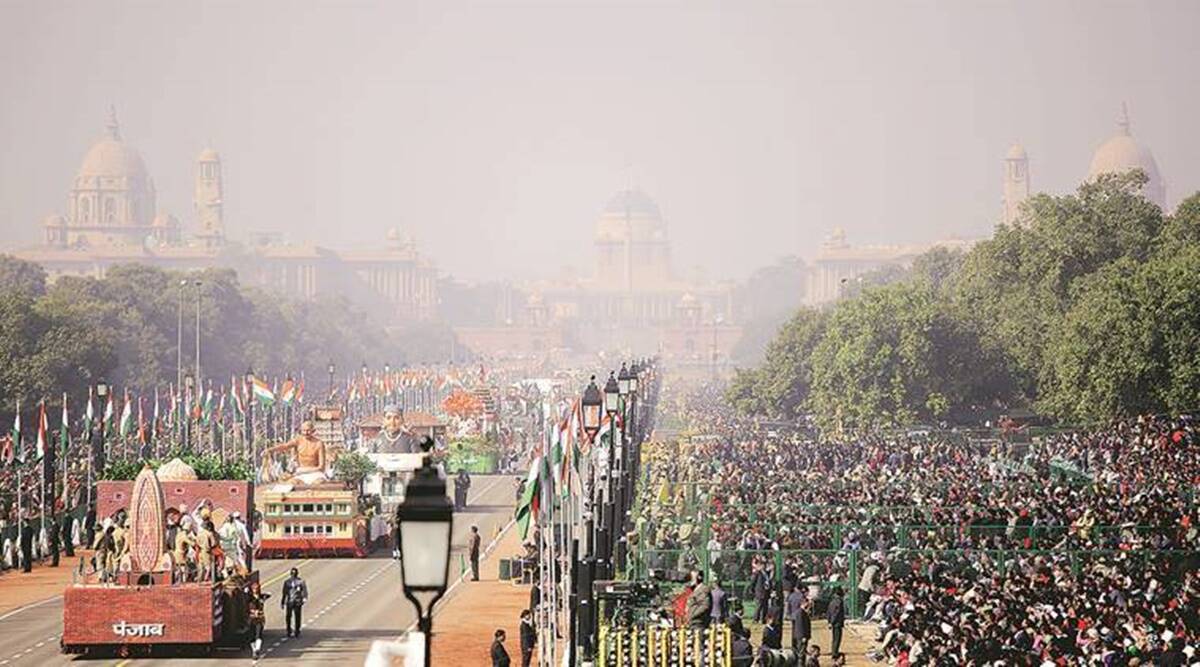
12/13/2021
New Delhi, Dec. 13: Delhi is working on plans to get leaders of five Central Asian countries, three of which share a border with Afghanistan, as chief guests for the Republic Day parade and celebrations on January 26, sources told.
According to the Indian Media Indian Express, An informal outreach has already been made through diplomatic channels, and External Affairs Minister S Jaishankar is likely to hold a dialogue with the foreign ministers of these five countries over the next weekend — December 18-19.
The outreach will lay the groundwork for the summit at the leaders’ level, sources said.
If the plans work out, and the Covid situation permits, five Presidents — Kazakhstan’s Kassym-Jomart Tokayev, Uzbekistan’s Shavkat Mirziyoyev, Tajikistan’s Emomali Rahmon, Turkmenistan’s Gurbanguly Berdimuhamedow and Kyrgyzstan’s Sadyr Japarov — will come to Delhi in January, sources said.
Turkmenistan, Uzbekistan and Tajikistan share a border with Afghanistan.
Earlier, plans were being worked out to invite countries of the BIMSTEC grouping, which includes Bangladesh, Myanmar, Sri Lanka, Thailand, Nepal and Bhutan. But that move did not materialise, sources said.
The five Central Asian countries are key to the situation in Taliban-ruled Afghanistan, and Delhi has been engaging with them over the past few months. Recently, the NSAs of the five countries came to Delhi for the regional security dialogue on Afghanistan hosted by NSA Ajit Doval. All of them had expressed concern at the current situation in Afghanistan.
Engagement with the Central Asian countries was first formulated in the past decade when India framed the “Connect Central Asia policy” in 2012.
It was given a fillip when Prime Minister Narendra Modi travelled to the five countries in July 2015 — the first Indian Prime Minister to do so after these republics were born in the 1990s following the disintegration of Soviet Union.
Prime Minister Jawaharlal Nehru had travelled to these regions when they were part of the Soviet Union.
The connect with these Central Asian countries is important for a variety of reasons: security cooperation in the wake of Taliban’s takeover of Afghanistan, China’s influence in the strategically vital region, connectivity plans including the International North South Transit Corridor (INSTC), energy needs (Kazakhstan has Uranium reserves and Turkmenistan is part of the proposed Turkmenistan-Afghanistan-Pakistan-Iran gas pipeline), cultural links and potential for trade.
An invitation to be the Republic Day chief guest is highly symbolic from the Government’s perspective. The choice is dictated by a number of reasons — strategic and diplomatic, business interests and international geo-politics.
The last time a grouping of countries was invited was in 2018, when 10 leaders from ASEAN were chief guests. Over the past few years, the chief guests were US President Barak Obama (2015), French President Francois Hollande (2016) and Crown Prince of Abu Dhabi Sheikh Mohamed bin Zayed Al Nahyan (2017).
In 2019, after the invitation to then US President Donald Trump did not work out, South Africa’s President Cyril Ramaphosa was called as chief guest. This year, India had no chief guest after British Prime Minister Boris Johnson cancelled his visit due to the pandemic.
